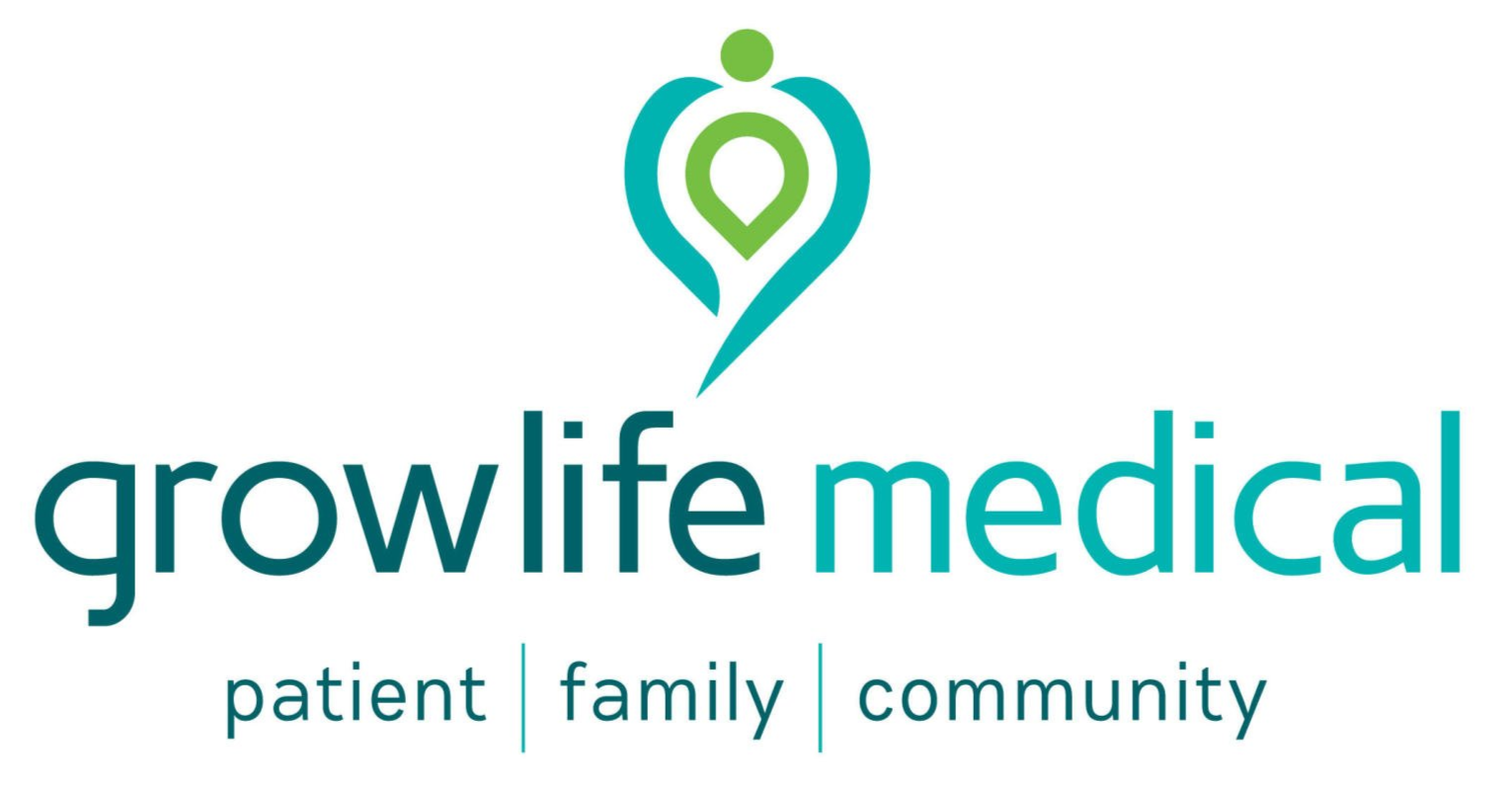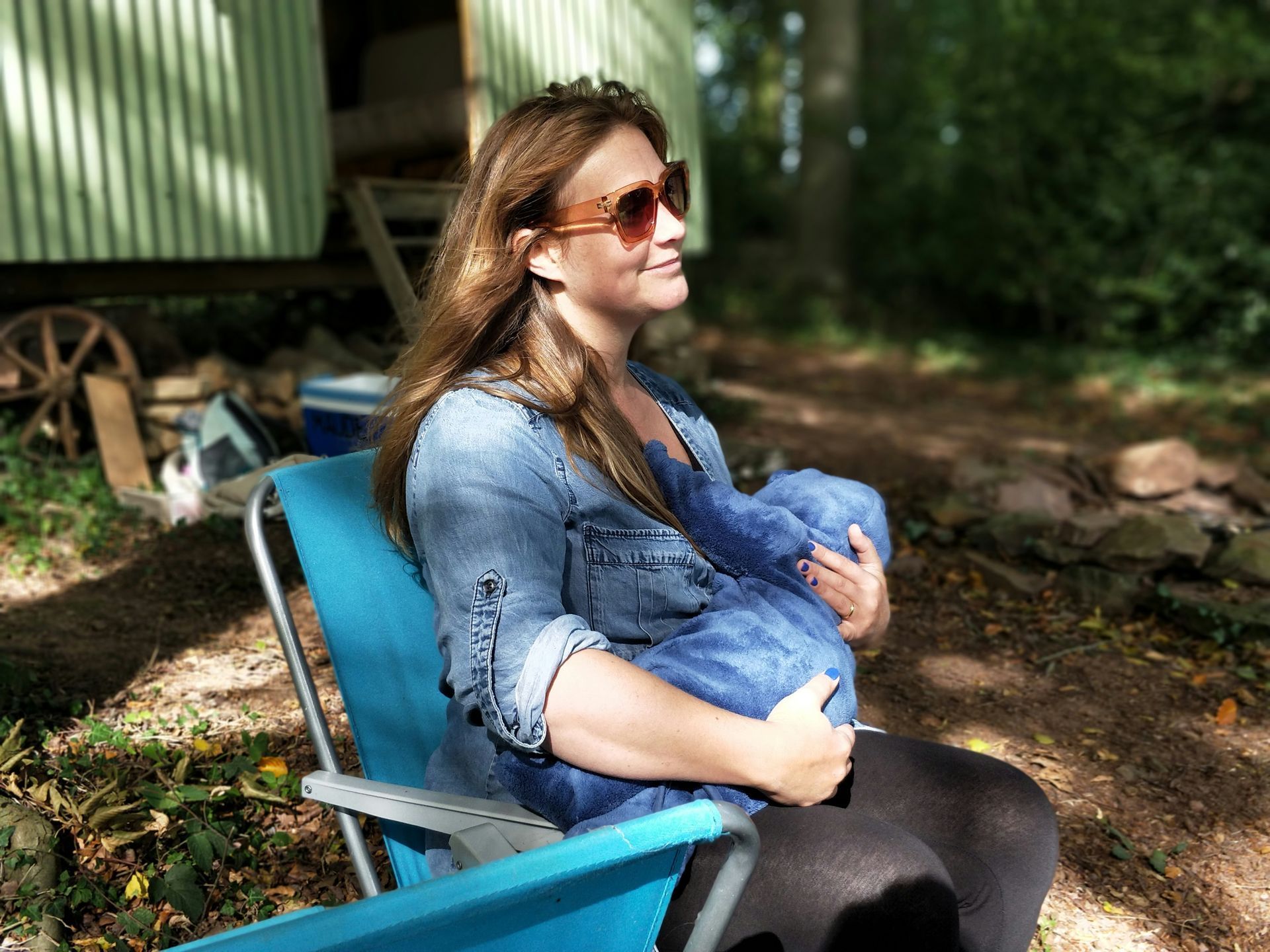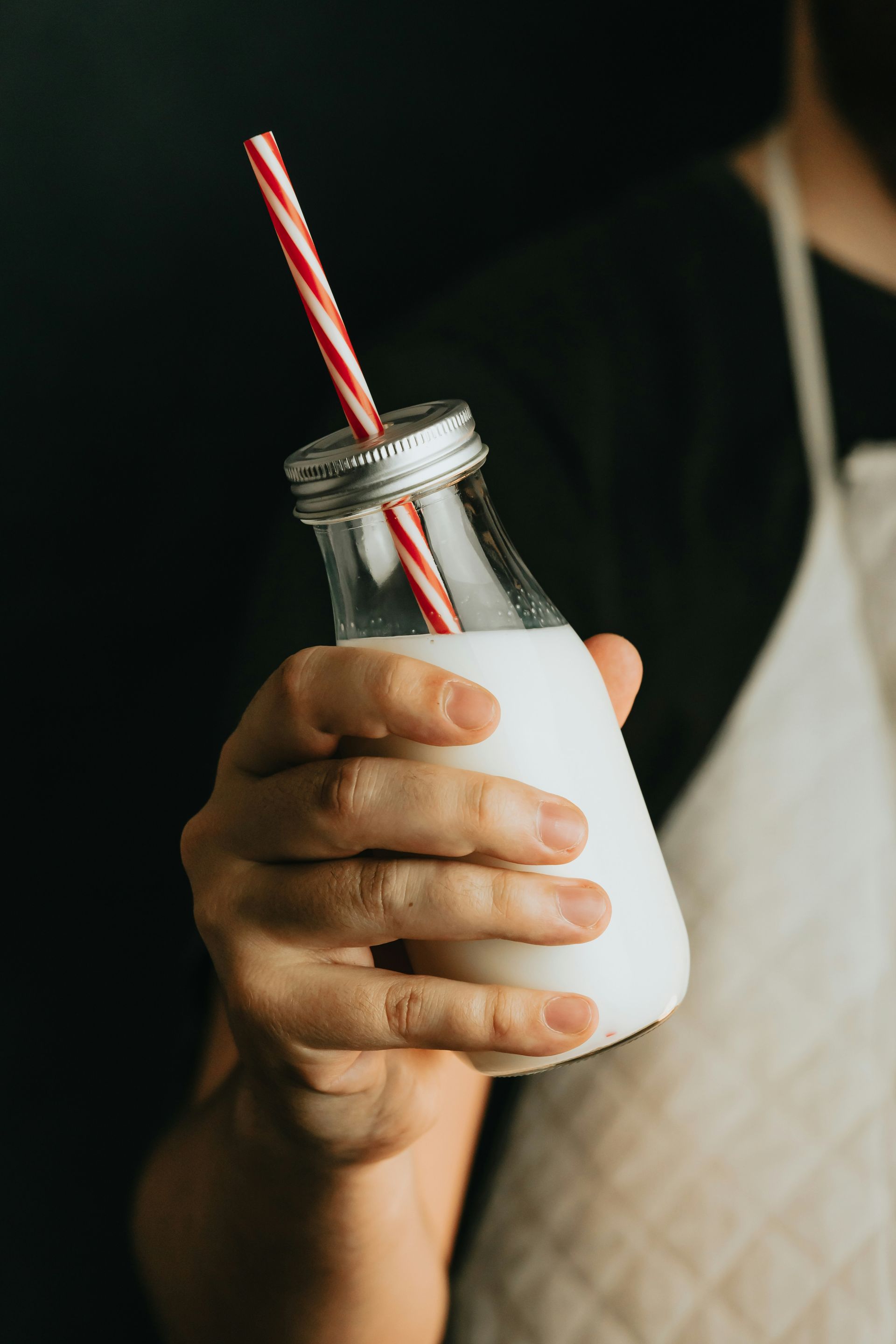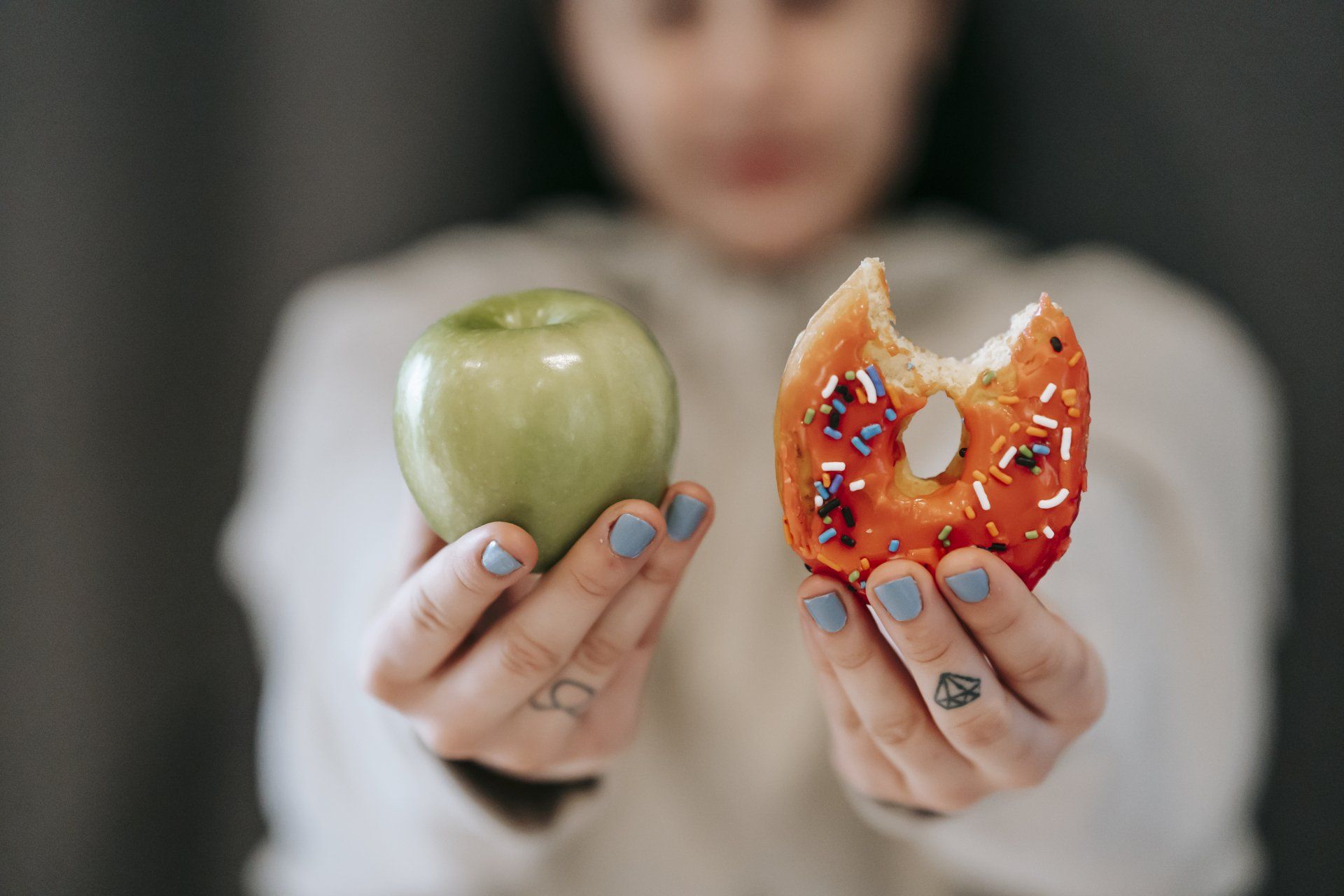Sports Nutrition for Runners: Part 1
The annual and infamous Bridge to Brisbane event is just one week away, and our Growlife team are training hard for the 10km event. Seems like an opportune time to learn a bit about sports nutrition! Join us on this two-part blog series as we explore how food can help us prepare and recover from a run. The first question on everyone’s lips - how can we use nutrition to optimise performance on race day? Let’s find out!

Most of us wouldn’t try to run 10km without putting in at least some training, however, considering how we are fueling for this exercise is often completely overlooked! Whether you are a seasoned athlete or someone who exercises recreationally, giving a little bit of thought to fueling and hydration, both for training and race day, can reap huge benefits. Please note that within this article we will refer to all active individuals as athletes, regardless of competitive level or ability.
What is sports nutrition?
Sports nutrition incorporates the food we eat and the fluids we drink before, during, and after exercise and sport. It also includes our nutrition and hydration for training and competition/race day. An athlete’s fueling strategy will depend upon a number of individual factors such as:
- How well trained you are
- The length of the event (training/race)
- The intensity of the session
- Conditions such as temperature, humidity, and wind
- Your finishing time goals
- When your next exercise session will occur
Why should we think about nutrition and hydration for exercise?
Nailing nutrition can support an athlete’s performance and wellbeing through improved:
- Mood and motivation
- Energy levels
- Concentration, decision making, and focus
- Coordination
- Endurance and strength
- Reaction time
- Digestive function to prevent/minimise tummy upset
- Reduce the risk of injury
Just to name a few!
Eating enough overall is important
Under-fueling is where an athlete is not eating enough energy compared to what the body needs for normal bodily processes and exercise. When an athlete is under-fueling on a regular basis this can lead to relative energy deficiency, (known as Relative Energy Deficiency in Sport (RED-S)) which negatively impacts upon performance and health. In relative energy deficiency the body ‘switches off’ non-essential functions such as reproduction, which can lead to consequences such as decreased bone mineral density and stress fractures. This under-fueling can happen for a variety of reasons, for example when an athlete increases exercise and doesn’t increase the amount they eat or when a person does not understand their needs in the context of their sport.
Signs that you may not be getting enough nutrition include:
- Persistent fatigue
- Increased injury or illness
- Altered or absent menstrual cycle
- Reduced libido
- Gut/Digestive symptoms
- Low mood or feeling irritable
- Altered appetite (either decreased or always feeling hungry)
- Decreased motivation for training
- Poor performance
- Weight loss (NOTE a person’s weight being stable does not mean that they are fueling adequately as the body will fight to preserve weight)
Working with a dietitian can help you to understand your body’s needs and prevent or correct under-fueling.
What is “fuel”?
Food is fuel! Specifically, the main source of fuel for both the body and brain is carbohydrates. During exercise, carbohydrates will always provide some energy, however over longer or less intense sessions our body can also use fat as a source of fuel. In other words, as the intensity of the exercise session increases, our body becomes increasingly reliant on carbohydrates to fuel the activity.
Our bodies have the ability to store carbohydrates in the liver and muscles. In order to keep fuel stores in the body ‘topped up’ prior to a heavy training session or event, it is good practice for all athletes to eat carbohydrate-rich foods regularly throughout the day. Carbohydrate-rich foods include:
- Breads, rice, pasta, crackers
- Fruit (fresh, dried and juice)
- Starchy vegetables (for example potatoes, sweet potatoes and legumes)
- Dairy (for example milk, yoghurt, custard).
Foods such as lollies, biscuits, chips and soft drinks also contain carbohydrates and can be included for enjoyment. It is also worth being aware that some of these foods may not be comfortable to eat before or during exercise – this will be discussed in greater detail below.
What to eat & drink before a race or training session?
When thinking about what you should eat prior to and during exercise there are three key considerations, 1) providing enough fuel, 2) minimising GI symptoms, and 3) drinking enough to stay hydrated.
1. Eating before exercise
Having a carb-rich snack before a run is definitely recommended for optimal performance! It is ideal to eat prior to exercise, particularly if you are doing it first thing in the morning. While training sessions less than 60 minutes in length do not require additional nutrition (because the body has enough carbohydrates stored), if you are a) hungry before you start exercising, b) getting fatigued during the exercise session, or c) haven’t eaten in the 2-3 hours before exercise, it is definitely a good idea to include a snack before you start.
For sessions longer than 60 minutes, a pre-exercise snack will always be helpful. As a general rule of thumb, any exercise over one hour in duration is also where we should be fueling during the session. Remember, you want to be prioritising high-carbohydrate options here! See below for some during-exercise snack ideas.
2. Minimising digestive symptoms
Before and during exercise it is important to consider what foods you can comfortably eat. This is highly individual so you should test this prior to competition day! As a starting point it can be helpful to choose foods that are relatively low in fibre and fat in the 30-60 minutes prior to exercise and during exercise.
Low fat, low fibre snack ideas before exercise:
- White toast/English muffin with jam, Nutella, or honey
- Fresh fruit and yoghurt
- Fruit juice
- Pretzels
- Flavoured milk

Snack options during exercise include:
- Lollies – red frogs, snakes, jellybeans, etc.
- Dried fruit
- Sports drink
- Carb gels
The amount of carbohydrate that you will need can vary considerably - this is where working one-on-one with a dietitian to develop a fueling plan that meets your unique needs can be helpful.
3. Hydration:
Hydration is not only important for optimal performance, but severe dehydration can result in serious health complications. During exercise, sweating helps to prevent overheating. While we can tolerate a modest level of dehydration, if a large amounts of fluids, more than 2% of our body weight, are lost and not replaced, our functioning can be impaired. A loss of 2% body weight is just 1.4kg in a person who weighs 70kg, which equates to 1.4L of fluid.
Symptoms of dehydration can include:
- Fatigue
- Exercise can feel harder
- Decreased concentration, skills, coordination and decision making
- Gut symptoms such as nausea, vomiting and diarrhoea
- Impaired physical performance, for example changes in strength and endurance
- You are also at a higher risk of heat illness such as heat stroke
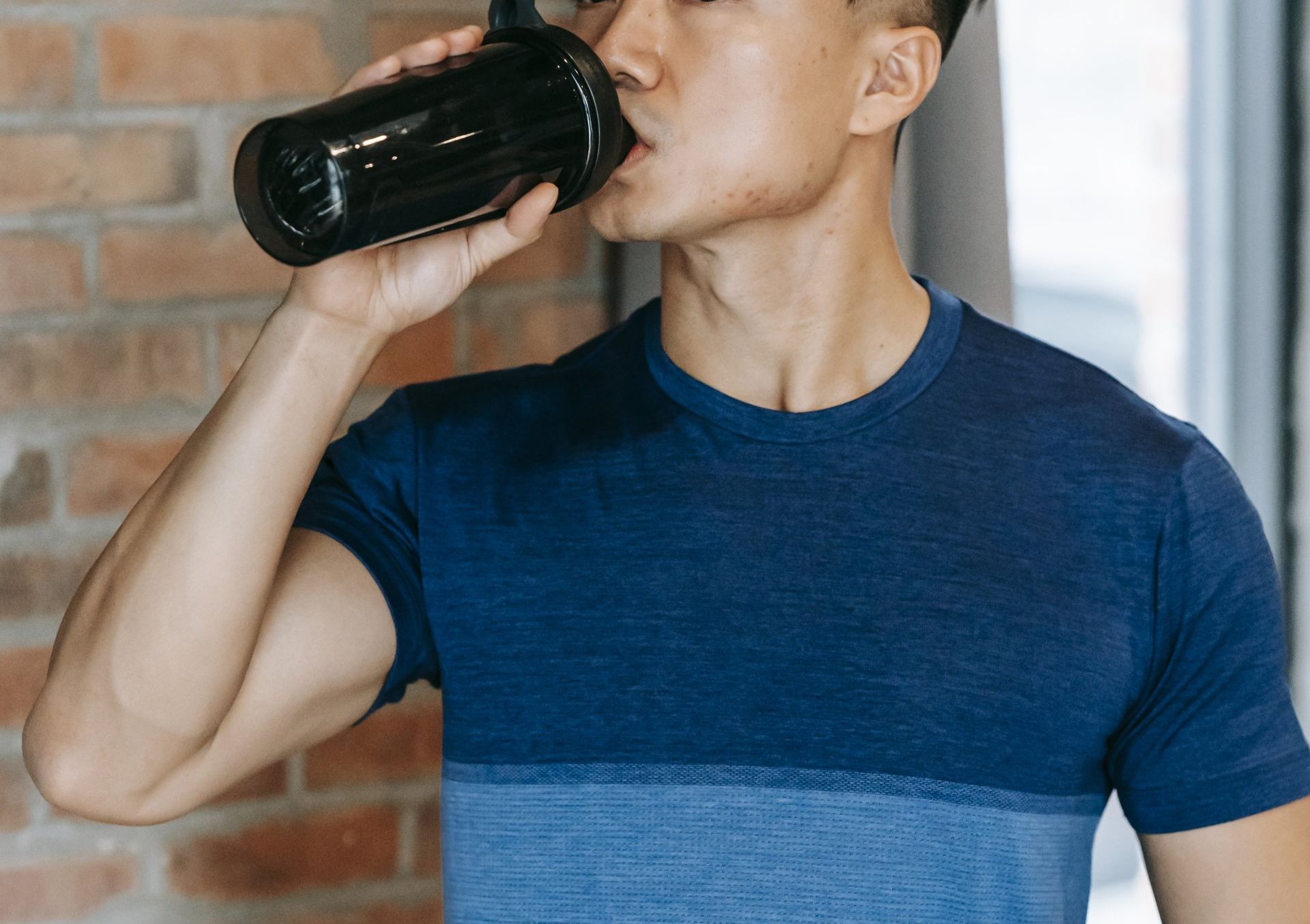
Under normal circumstances thirst is generally a fairly accurate indicator of hydration needs, however, when exercising at high intensity for prolonged periods or under extreme heat and humidity thirst alone cannot be relied upon. There are many ways that hydration status can be monitored - keeping an eye on the colour of your urine and how often you urinate is a good guide! A well hydrated athlete will have light yellow urine (think the colour of straw/hay). Darker urine is a sign you need to be drinking more.
Tips for staying hydrated:
- Starting exercise well hydrated
- Drinking fluids during exercise – for short sessions you can drink to thirst, for longer sessions it is recommended that you drink to a plan. During longer session you may also benefit from including electrolyte and sports drinks, this is particularly important for sessions 2 hours or longer
- Replacing lost fluids after exercise – this will be covered in more detail in part two
It can be helpful to check with the race organisers if there will be aid stations and if there are what food and drinks these will provided. This can have a big impact on what food and fluids you take with you for a successful race.
Summary
Having a plan for managing your nutrition before and during exercise can help to optimise your performance as well as your health and wellbeing. Within this article we have covered the basics of nutrition and hydration for exercise. For more information or for help understanding how to apply these strategies to your circumstances book an appointment with our sports dietitians or call Growlife on 07 3154 2393. Growlife Medical can help you to understand how to fuel your body so that you are at your best on and off the track (or field!).
Stay tuned for part two of this post, where we will explain the role of nutrition in helping your body to recover following exercise.
More Articles on Health & Wellness

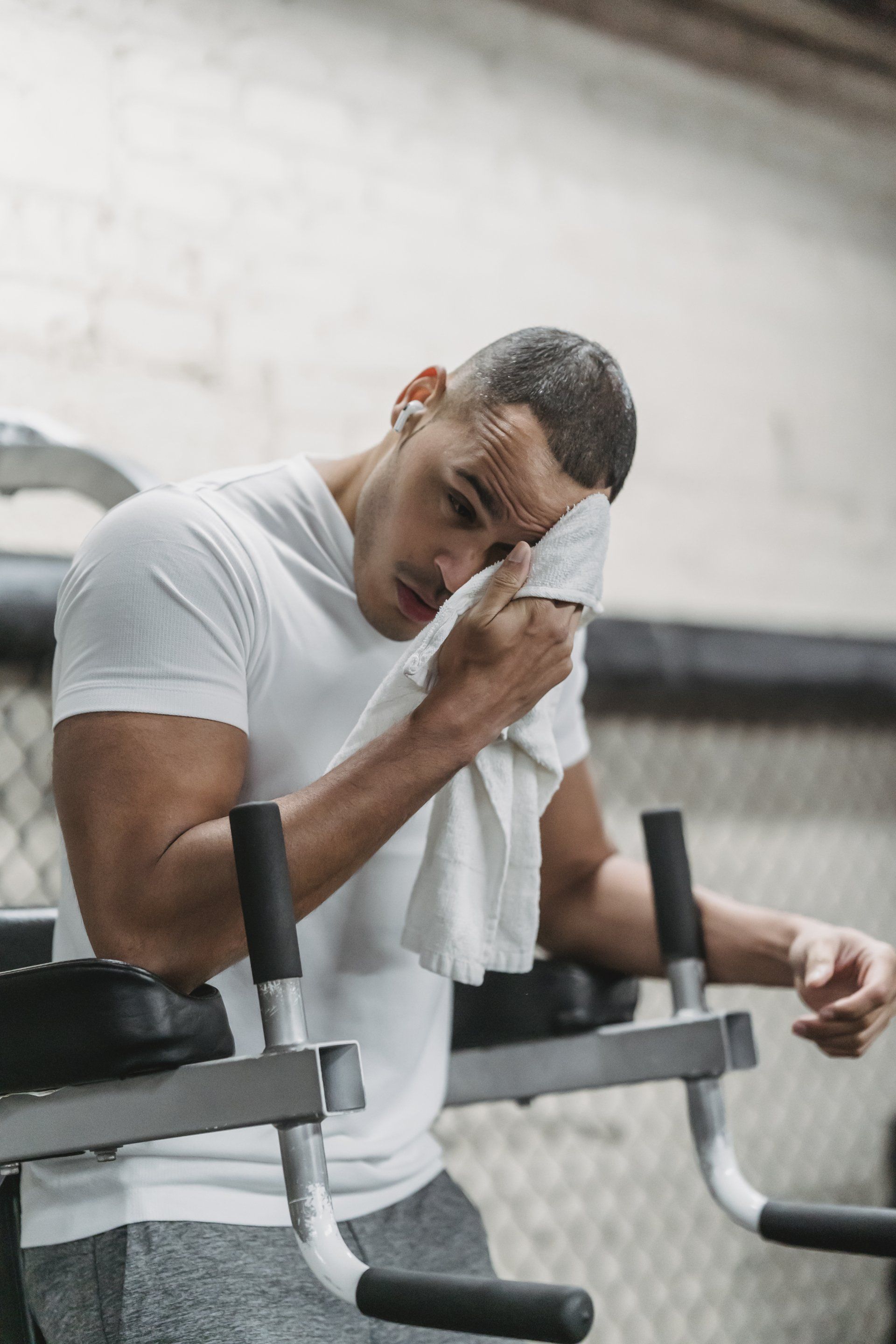
Connect
Clinicians: please forward clinical correspondence via Medical Objects Secure Messaging. Fax no longer accepted.
